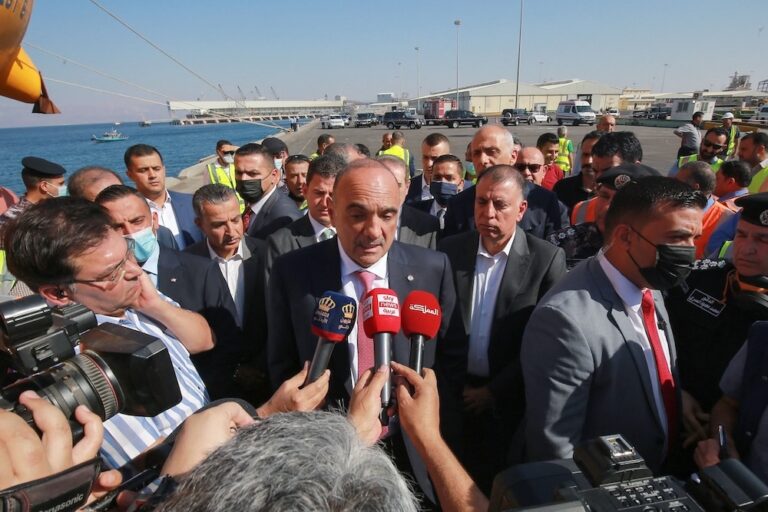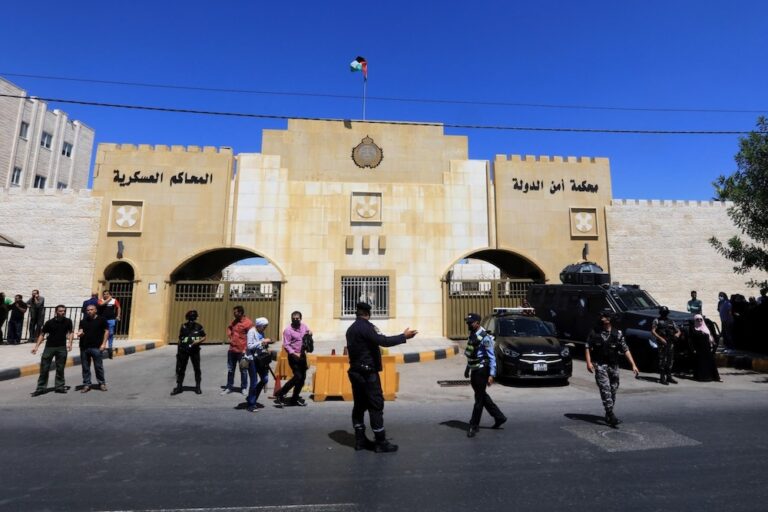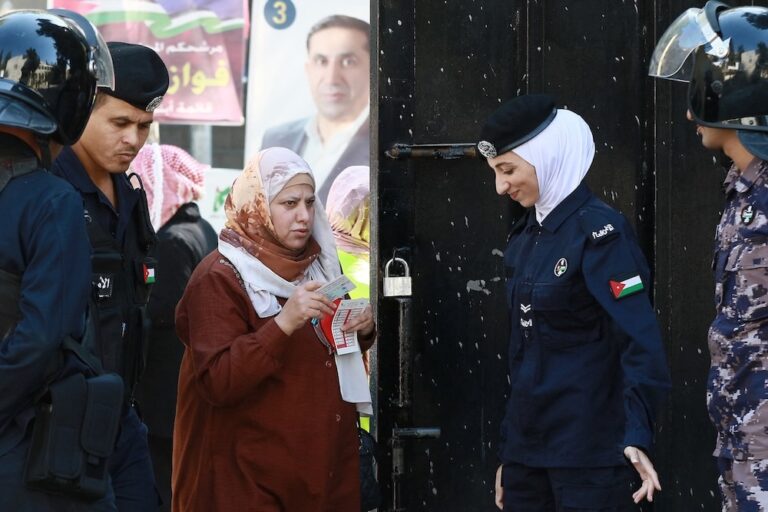(RSF/IFEX) – RSF has urged the new Jordanian government to refrain from reverting to old censorship practices that continue despite the government’s commitment to end prior censorship. “It is still too soon to judge if the recent abolition of the Information Ministry in Jordan will allow the Jordanian press to gain real independence,” said RSF […]
(RSF/IFEX) – RSF has urged the new Jordanian government to refrain from reverting to old censorship practices that continue despite the government’s commitment to end prior censorship.
“It is still too soon to judge if the recent abolition of the Information Ministry in Jordan will allow the Jordanian press to gain real independence,” said RSF Secretary-General Robert Ménard. “Unfortunately, the Jordanian authorities are past masters at making grand announcements. The latest case of censorship of the weekly ‘Al-Wehda’, for the second time in two months, does not bode well for any significant improvement in the press freedom situation.”
A cartoon of new Prime Minister Faisal Al-Fayiz and other members of the cabinet that was formed on 25 October 2003 was banned prior to its publication, according to “Al-Wehda”, the newspaper that was censored.
“The Jordanian authorities saw the cartoon at the printers. . .,” said “Al-Wehda” managing editor Mowafak Mahaddine. “They ordered us to pull the cartoon [and warned that] the newspaper would not be printed [otherwise]. We replaced it with another one about the Israeli-Palestinian conflict.”
An issue of the same weekly was banned in late September, prior to being printed, on the order of the State Security Court prosecutor. He had been tipped off about its contents while the newspaper was still at the printers (see IFEX alert of 26 September 2003).
It is a common occurrence for “informers” to be posted at semi-governmental printing houses in order to verify the content of publications.
“The concerted praise of the new cabinet throughout the Jordanian press casts doubt on the pro-democracy rhetoric of King Abdallah II,” Ménard added. “Self censorship, towing the line, suspensions and closures of newspapers, arrests of journalists and jailings for press offences will probably continue to be a reality in Jordan for the foreseeable future.”
Three journalists have been jailed for press offences in Jordan this year.


